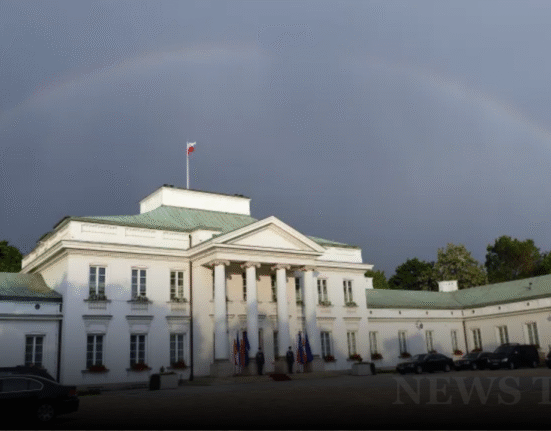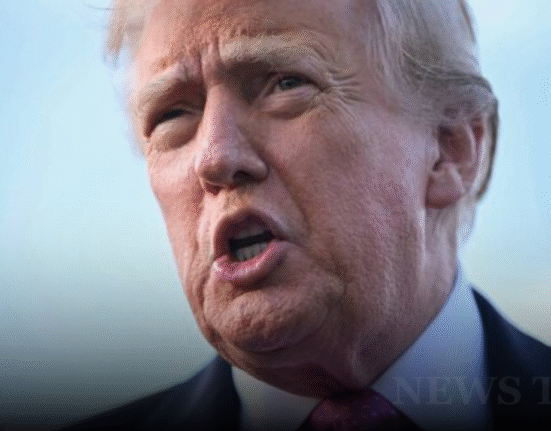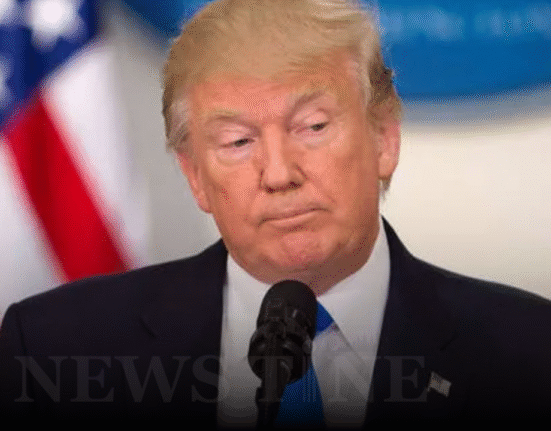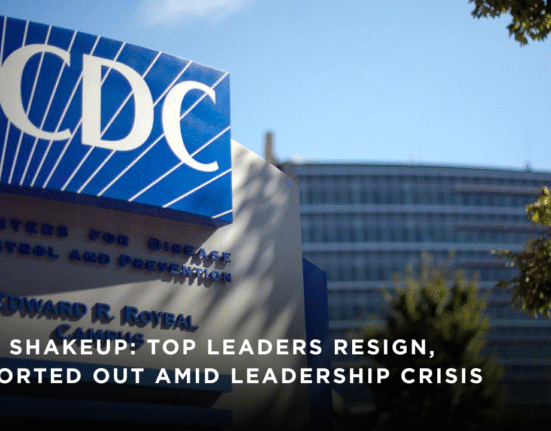
RFK Jr. Promises to Solve the Autism Epidemic—But Is It That Simple?
Let’s be honest—there are few phrases that stir emotion quite like autism epidemic. Whether you’re a parent, educator, medical professional, or just someone trying to make sense of the noise, the topic hits close to home. And when someone in a position of power promises to solve it by September? Well, you listen. Maybe with some raised eyebrows.
That’s exactly what happened last week when Robert F. Kennedy Jr., now serving as the U.S. Secretary of Health and Human Services under President Donald Trump, announced a sweeping research initiative aimed at uncovering the cause of the autism surge in America. The moment was broadcast live during a White House cabinet meeting—one part health policy, one part media spectacle.
RFK Jr.’s timeline is ambitious. The science? Questionable, according to many experts. Here’s what’s really going on—and what it means for families navigating autism today.
What Did RFK Jr. Actually Say?
In a televised meeting chaired by President Trump, Kennedy claimed that his department is launching “a massive testing and research effort” that involves hundreds of scientists from around the globe.
“By September we will know what has caused the autism epidemic. And we’ll be able to eliminate those exposures,” Kennedy said.
The term autism epidemic itself is controversial, but the bigger issue is the assertion that we’re on the brink of pinpointing a definitive cause in just a few months.
According to Kennedy, autism rates have gone from 1 in 10,000 during his childhood to about 1 in 31 today—a number he expects to be confirmed by new data. The Centers for Disease Control and Prevention (CDC), however, currently cites the rate at 1 in 36 children, a significant rise from 1 in 150 in the early 2000s.
Are Autism Rates Really Rising? Let’s Break It Down
Yes, autism diagnoses have increased. But is that because more kids have autism—or are we just better at recognizing it?
Factors Contributing to the Rise in Diagnosed Cases:
- Improved screening tools: Pediatricians are now routinely screening toddlers for signs of autism.
- Broader diagnostic criteria: The spectrum has widened, allowing for more nuanced diagnoses.
- Greater awareness: Teachers, parents, and doctors are more knowledgeable about what to look for.
- Access to services: More families seek evaluations due to increased availability of support services.
“There’s no doubt that autism rates have increased, but the reasons are complex,” says Dr. Elena Marsh, a pediatric neurologist in Boston. “Much of it can be attributed to better detection and changing definitions, not necessarily a mysterious new exposure.”
So, What’s Behind Kennedy’s Pledge?
If you’re thinking this sounds like a revival of the vaccine-autism debate, you’re not wrong.
RFK Jr. has long been associated with anti-vaccine rhetoric, promoting a now-debunked theory that childhood vaccines are linked to autism. He’s not backing down—even after mountains of research have shown no causal relationship.
In fact, under Kennedy’s leadership, the Department of Health and Human Services reportedly tapped vaccine skeptic David Geier to lead part of this new study. For context, Geier has been disciplined for practicing medicine without a license and co-authored several widely criticized papers on vaccines and autism.
Why That Matters:
- It casts doubt on scientific objectivity.
- It raises concerns about public trust.
- It may fuel misinformation during a time when trust in science is already fragile.
The Medical Community Responds
National autism organizations were quick to respond—most of them calling Kennedy’s statements misleading and potentially harmful.
The Autistic Self Advocacy Network released a statement saying:
“RFK Jr.’s comment is a clear signal that HHS intends to produce rigged and fraudulent research that supports Kennedy and Trump’s pre-existing beliefs in a connection between autism and vaccines.”
Similarly, Colin Killick, Executive Director of the nonprofit, criticized the short timeline:
“It seems quite clear that he is forging ahead with rushing out misinformation… The timeline Kennedy is proposing is far too fast for any genuine scientific research to be conducted.”
These aren’t fringe voices. Organizations like Autism Speaks, the Autism Society of America, and the Autism Science Foundation all maintain that there is no credible evidence linking vaccines to autism.
What Do We Actually Know About Autism Causes?
Let’s get grounded in the facts.
What science currently suggests:
| Cause | Evidence | Notes |
|---|---|---|
| Genetic factors | Strong | Dozens of genes are associated with autism risk. |
| Environmental factors | Moderate | Includes prenatal exposures and parental age. |
| Vaccines | None | Numerous large-scale studies disprove any link. |
| Nutrition, infections, pollution | Ongoing research | Some studies suggest limited associations, but nothing conclusive. |
The consensus is that autism is multifactorial. It’s not caused by one thing—and it certainly can’t be “solved” like a math problem.
Public Reaction: A Mixed Bag
You’ll find a wide spectrum of opinions if you scroll through social media or forums like Reddit and Twitter (X). Some parents express hope that a real cause might finally be found. Others—especially autistic adults—feel marginalized or even offended by the suggestion that they are the product of a preventable “epidemic.”
“We’re not broken. We don’t need to be ‘solved,’” wrote one user on X, who identified as an autistic advocate.
Still, the promise of clarity is alluring. Who wouldn’t want a definitive answer when it comes to something so personal?
Where Does This Leave Families?
If you’re a parent of a child on the spectrum, you’ve probably been here before. The headlines, the promises, the debates—it’s a carousel that keeps spinning.
Here’s what you can do:
- Focus on evidence-based interventions (ABA therapy, speech therapy, occupational therapy).
- Connect with supportive communities—both online and in person.
- Advocate for inclusive education and services in your area.
- Stay skeptical of too-good-to-be-true headlines (including this one, if we’re being fair).
Optimizing for the Future: Media Literacy Matters
This saga is a reminder that we all need to brush up on media literacy. Just because something is said by a government official doesn’t make it scientific gospel. And just because something sounds scary or urgent doesn’t mean it’s true.
So, the next time you hear “massive study” and “September deadline” in the same sentence, maybe pause and think: Is that realistic?
Conclusion: Caution, Not Panic
The autism epidemic isn’t a mystery waiting to be solved in a few months. It’s a complex interplay of genetics, environment, and yes, evolving definitions and awareness. What RFK Jr. has promised may make headlines—but the science isn’t likely to follow suit.
In the meantime, families need support, not scare tactics. They need facts, not finger-pointing. And most of all, they need policies that are guided by data, not ideology.
Have thoughts on RFK Jr.’s statement or personal experiences to share? Drop them in the comments below! Let’s keep the conversation honest and respectful.
Is autism really becoming more common?
Yes, but largely due to increased awareness, better diagnostic tools, and broader definitions of the spectrum.
Do vaccines cause autism?
No. Multiple studies by institutions like the CDC and WHO have found no link between vaccines and autism.
4. What should concerned parents do?
Focus on evidence-based treatments and talk to licensed medical professionals. Be wary of unverified claims.






